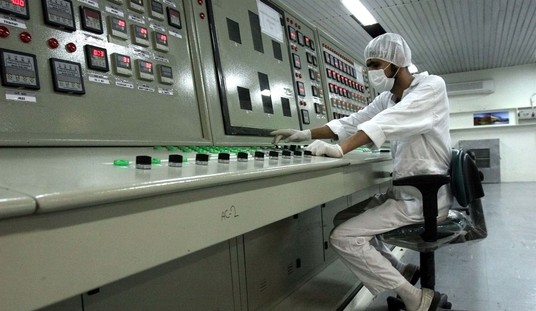Old sayings are very prevalent on Wall Street, such as “don’t fight the Fed,” “never short a dull market,” and, of course, “the trend is your friend, until it isn’t” — an aphorism that could be most clearly equated to Apple, Inc. stock.
Since peaking at $705 per share last September, the expected trajectory has been anything but up.
Naturally, stocks usually don’t go straight down, so there have been moments when hope shined anew for Apple.
Yet, these instances only provided an opportunity for the stock analysts representing the financial firms that were awash in the stock to exclaim “we told you so, back up the truck,” and even “generational low.”
Why not?
If the biggest stock position that you own was in trouble, you too might be in denial.
The most recent sharp decline in Apple stock, down $61 or nearly 12% as of this writing, reflects a very simple truth — it’s called maturity, or the peak stage in the business cycle.
Despite all the glitz, glamour, and hoopla, Apple is merely a computer and electronic hardware company.
However, even technological hardware, unique, fresh, and new, ultimately becomes just a commodity.
Consequently, the commoditization of a product eventually leads to increased competition, resulting in reduced margins and less profit.
As Apple announced the iPad mini, a less expensive iPhone, and even spread rumors about the iTV, the writing was on the wall that Apple’s great run was truly over.
Keep in mind, the upside was built on the expectations of something completely different.
The anticipation of Steve Jobs dramatically taking to the stage for an exciting new product announcement coupled with understated earnings projections definitely made Apple a company to own, with capital gains expected.
Recommended
Nevertheless, sooner or later, the maturity process overtakes even the greatest of companies. The realization that you’ve taken your products as far as possible, that you no longer dominate the corporate landscape, and that the people who created the buzz are no longer around, finally sinks in to all the financial institutions that are the major stockholders.
At that point, another sad truth is then realized.
Namely, the fact that both expectation and anticipation, the key factors which had been driving the stock all along, will no longer be realized.
Needless to say, the financial institutions still need to sell to someone which is why we keep hearing the daily declarations of “great buying opportunity.”
Historically, these very same “time to buy” proclamations have been heard loud and clear by the retail public.
This is why everyone should heed another old Wall Street adage, “don’t try to catch a falling knife.”

























Join the conversation as a VIP Member